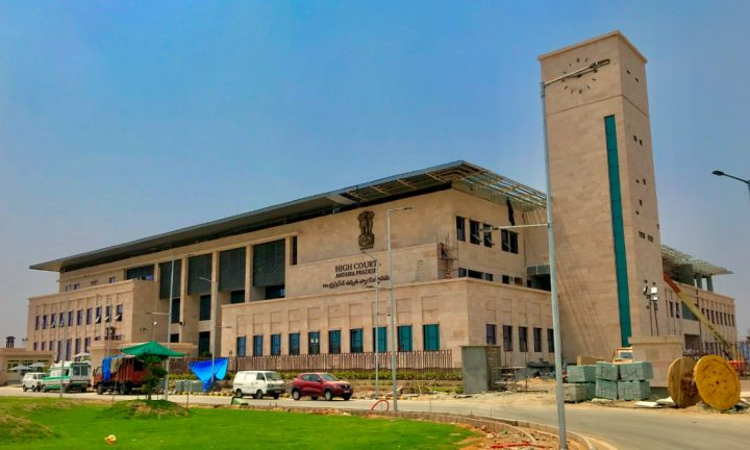The Andhra Pradesh High Court recently exercised its inherent powers under Section 482, CrPC to quash a FIR which had not made a company as co-accused even though the transaction was made with the company. Brief Facts of the case The Criminal Petition was filed under Section 482 CrPC seeking to quash the FIR registered under Section 420 of Indian Penal Code dealing with punishment...

